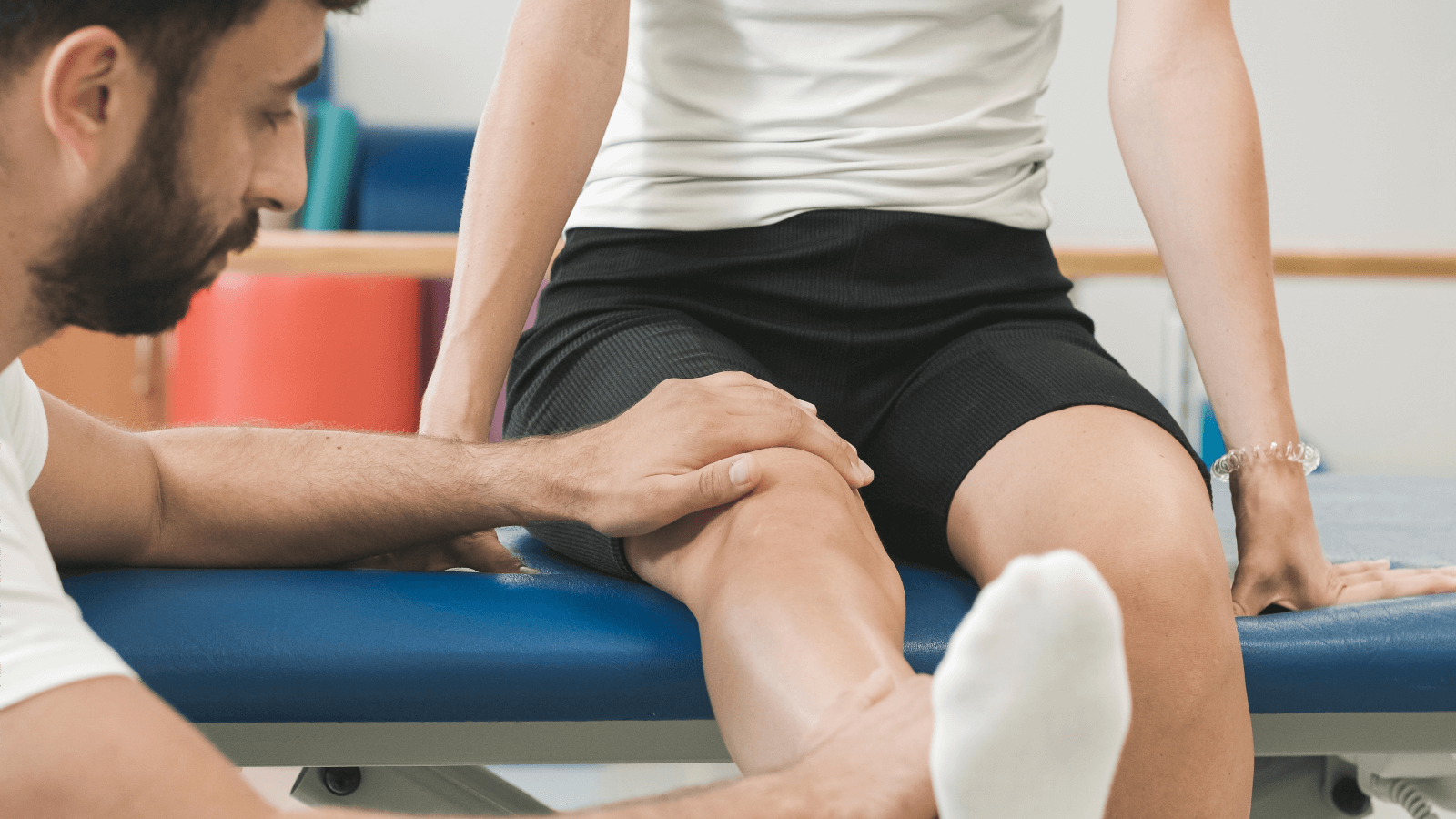
Introduction
Knee osteoarthritis is a common joint condition that affects millions of people worldwide. It is characterized by the breakdown of cartilage in the knee joint, leading to pain, stiffness, and reduced mobility. While there is no cure for knee osteoarthritis, there are various holistic approaches that can help alleviate symptoms and improve quality of life for those affected by this condition.
Diet and Nutrition
One of the key components of managing knee osteoarthritis is maintaining a healthy diet that can help reduce inflammation and support joint health. Here are some dietary tips that can be beneficial:
Key dietary tips:
- Include anti-inflammatory foods such as fatty fish, nuts, seeds, and berries in your diet.
- Avoid processed foods, sugary drinks, and excessive red meat consumption, as these can contribute to inflammation.
- Ensure you are getting an adequate intake of vitamins and minerals, especially vitamin D and calcium for bone health.
- Stay hydrated by drinking plenty of water throughout the day to keep your joints lubricated.
Exercise and Physical Therapy
Regular exercise and physical therapy can help improve joint flexibility, strengthen the muscles around the knee, and reduce pain associated with knee osteoarthritis. Here are some recommendations for incorporating exercise into your routine:
Exercise recommendations:
- Low-impact activities such as swimming, cycling, and walking are gentle on the joints and can help improve mobility.
- Incorporate strength training exercises to build muscle and support the knee joint.
- Stretching exercises can help improve flexibility and reduce stiffness in the knee.
- Consult a physical therapist for personalized exercise recommendations tailored to your specific needs and limitations.
Stress Management and Mind-Body Techniques
Chronic pain from knee osteoarthritis can be exacerbated by stress and anxiety. Practicing stress management techniques and mind-body therapies can help reduce pain perception and improve overall well-being. Here are some approaches to consider:
Stress management techniques:
- Practice deep breathing exercises to promote relaxation and reduce stress levels.
- Try mindfulness meditation or yoga to cultivate a sense of calm and improve mental clarity.
- Engage in activities that bring you joy and help you unwind, such as reading, painting, or listening to music.
- Consider cognitive-behavioral therapy (CBT) to learn coping strategies for managing pain and stress.
Complementary Therapies
Complementary therapies such as acupuncture, massage therapy, and herbal supplements have been found to provide relief for some individuals with knee osteoarthritis. These alternative treatments can be used in conjunction with conventional medical interventions to enhance pain management and improve quality of life.
Popular complementary therapies:
- Acupuncture: Stimulating specific points on the body with thin needles to alleviate pain and promote healing.
- Massage therapy: Manipulating soft tissues to reduce muscle tension, improve circulation, and relieve pain in the knee joint.
- Herbal supplements: Natural remedies such as turmeric, ginger, and glucosamine may help reduce inflammation and improve joint function.
- Consult a healthcare provider before trying any complementary therapy to ensure it is safe and appropriate for your condition.
Conclusion
Managing knee osteoarthritis requires a comprehensive approach that addresses the physical, emotional, and dietary aspects of this condition. By incorporating holistic strategies such as proper nutrition, regular exercise, stress management techniques, and complementary therapies into your treatment plan, you can effectively alleviate symptoms and improve your overall quality of life. Remember to consult with your healthcare provider before making any significant changes to your treatment regimen to ensure it aligns with your individual needs and health goals.